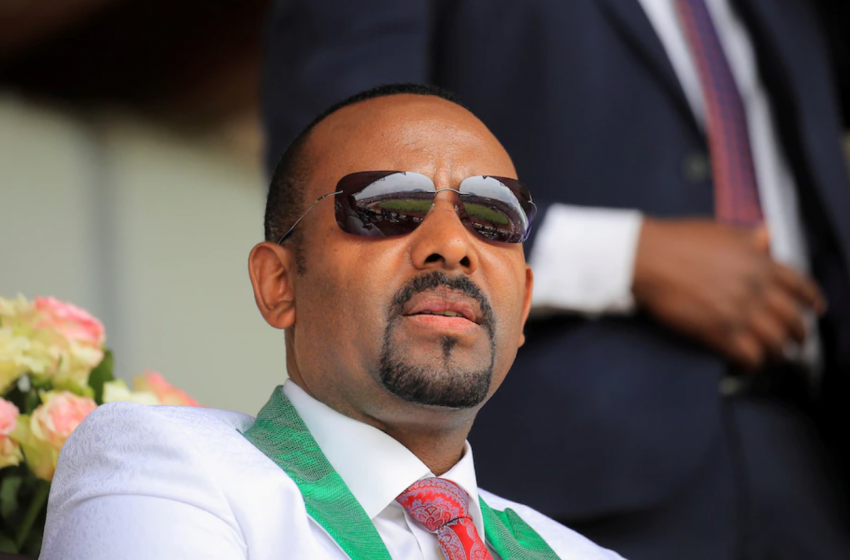
A crisis in Ethiopia has been looming for months. Now, it’s here.
Source: The Washington Post
November 6, 2021
For months, there have been warnings of the disaster that might befall Ethiopia if Prime Minister Abiy Ahmed could not reconcile with his foes in the rebel Tigray province. And for months, outside pressure, pleading, inducements and, from the United States, targeted sanctions have proved incapable of stemming the conflict’s escalation. Now, the disaster is at hand. The Tigray People’s Liberation Front (TPLF), based in a northern province of 6 million people, has effectively countered an offensive by Mr. Abiy’s forces and is driving toward the capital, Addis Ababa, in alliance with other armies linked to Ethiopia’s multiple ethnic groups. There is a real chance that the TPLF could seize power, as it did in 1991, or at least plunge the second most populous country in Africa — a once economically booming nation of 115 million people — into total civil war.
Mr. Abiy’s response has been to urge Addis Ababa’s population, in vitriolic terms, to take up arms. “We will bury this enemy with our blood and bones and make the glory of Ethiopia high again,” he said Wednesday. More worrisome are reports that Mr. Abiy’s minions, taking advantage of a newly declared state of emergency, are fanning out across Addis Ababa residential areas, arresting ethnic Tigrayans who live in the city. Though a gross violation of human rights, such behavior is consistent with Mr. Abiy’s general approach to the conflict, which has been to treat it as a war against all Tigrayans; hence, his policy of denying humanitarian aid to reach potentially millions of starving Tigrayan civilians in the countryside.
The TPLF’s hands are hardly clean in this war; its responsibility begins with the repression that accompanied its time in power before Mr. Abiy’s election in 2018, an event that stirred hopes of true democratic change. A year ago, the TPLF, angered that Mr. Abiy postponed elections due, he said, to the covid pandemic, provoked Mr. Abiy’s government by assaulting the central government’s military bases in Tigray. TPLF troops have committed their share of atrocities in the current counteroffensive. Nevertheless, Mr. Abiy should have sought dialogue at the outset of this conflict, as one might have expected from a man who won the 2019 Nobel Peace Prize. Mr. Abiy was recognized for settling Ethiopia’s long-running war with next-door Eritrea. However, that agreement has taken on a rather different aspect in light of subsequent events, especially the forging of a military alliance between Mr. Abiy’s government and Eritrea against Tigray.
For the United States, the looming war in Ethiopia raises the prospect of a failed state where there was once an ally in its efforts to fight terrorism in the Horn of Africa. The Biden administration has reacted to the latest events by threatening to limit U.S. market access for Ethiopian exports under the African Growth and Opportunity Act as of Jan. 1, a benefit that affected roughly $150 million worth of goods in the pandemic economy of 2020. Perhaps that will sway Mr. Abiy, even though no other U.S. measure has. Something must cause him, and the rest of Ethiopia’s warring leaders, to change course, or else another bloodbath will engulf this long-suffering country.
